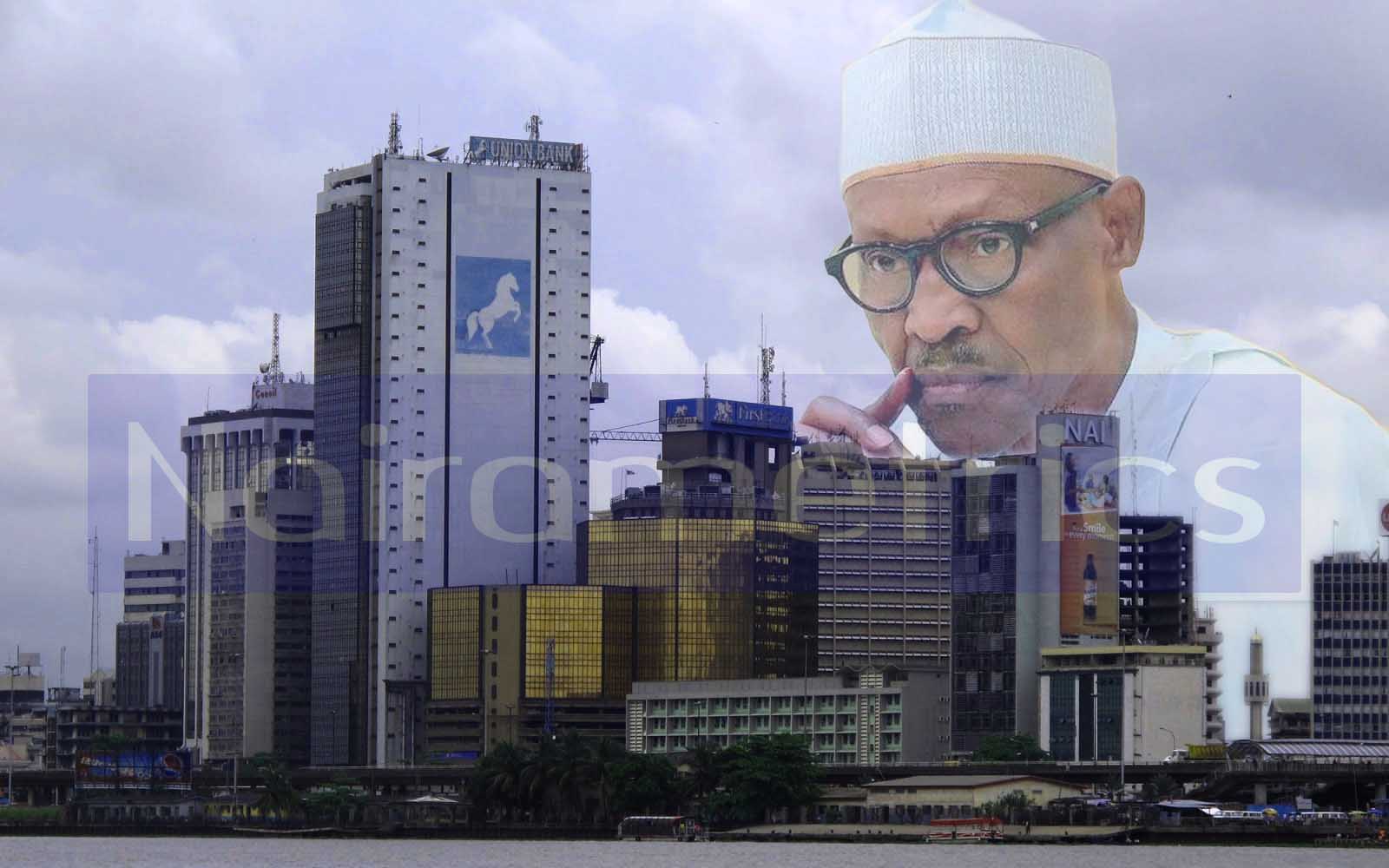In the wake of the Soludo led bank recapitalisation drive Nigerian banks saw their balance sheet rise from N2.7 trillion in 2003 to N17.3 trillion in December 2010. Within the same period, bank lending to the private sector rose from just N1 trillion to over N8 trillion. The attendant result of this astronomical rise in the capital was disastrous. By 2011, several Nigerian banks faced collapse resulting in the birth of the Asset Management Corporation of Nigeria (AMCON).
Nigerian banks had taken some of that money and lent it to the private sector via various assets such as corporate loans, personal loans, and margin lending. 5 years later, the economy faced a different kind of threat even as their balance sheet rose to N28.7 trillion (N38 trillion as at August 2018). They learned the lessons of 2011 and decided to chart another course.
Same of the same
Latest results released by some of Nigeria’s largest banks reveal a very familiar pattern. Gross earnings and profits continue to soar amidst a rather gloomy economy straddling on a debt binge that has fueled a renewed fear of another looming economic crisis. For some of these banks, Buharinomics, (a term for some of President Buhari’s economic policies and handling of the economy) has been favourable to them.
Take for instance the 5 largest banks in the country accounting for over 70% of banking profits, FBNH, UBA, GT Bank, Access Bank and Zenith Bank aka FUGAZ. Zenith Bank, the largest by profits reported a profit after tax of N144 billion compared to N129 billion a year earlier. GTB one of the most efficient banks increased its profits from N125 billion to N142 billion. Asides FBNH, Access Bank and UBA also reported a similar rise in profits.
Flashback to three years ago, when Buhari became president and Nigeria’s decent to an economic crisis began, it becomes obvious just when the growth spurt began.
According to Nairametrics research data from some of the largest banks in the country, bank profits have risen 4% higher between 2015 and 2017 compared to the preceding 4-year period from 2011 to 2014. Gross earnings have done a tad better rising 21% from N8.49 trillion to N10.2 trillion.
Why have banks gained from Buharinomics?
For some of these banks, that they took advantage of the Buharinomics was fortuitous and not out of some grand design. As the economy spluttered it created an opportunity for those who had a significant amount of capital to take advantage.
Faced with dwindling revenues, the Nigerian Government stepped up its reliance on deficit borrowing to fund recurrent and capital expenditure. This meant a significant amount of government borrowings from the treasury and bond markets at rates as high as 17% per annum.
Banks, seeing that lending risk had increased due to the recession and drop in crude oil prices, had no choice but to taper down borrowing to the private sector in exchange for the safer and more lucrative government bonds and treasury bills.
FBNH, Nigeria’s oldest bank and largest by deposits in 2017 and 2016 reported loans and advances of just N2 trillion respectively. The flat growth contrasted with the 11% growth it recorded between 2015 and 2016. By the first 9 months of 2018, loans and advances to customers had dropped to N1.9 trillion. The drop in private sector lending is similar across board. According to data from the CBN, banks claims against the private sector (lending to businesses) dropped from about N15.8 trillion in December 2016 to N15.3 trillion in December 2017. It was N14.8 trillion as at August 2018.
Whilst risk-free government securities such as treasury bills and bonds remain analysts favourite of what banks are doing with customer deposits, the main benefit of these loans is none other than the Central Bank of Nigeria. According to data from the CBN, bank lending to the CBN via such securities such as the open market operations (OMO) has risen from N683 billion to about N3.5 trillion.
The exchange rate bonanza
For most economists, it is not surprising that Nigerian banks have trillions of naira lodged with the CBN. Ever since Nigerian faced an exchange rate crisis in 2015, the CBN adopted monetary policy has been to suck out naira from the economy in exchange for attractively high-interest rates. The policy is aimed at keeping the exchange rate stable as the less naira we have in circulation, the less demand you have on the dollar. Basically, rather than hold on to the dollar at yields of less than 4%, the CBN is saying keep it with us at 17%.
Thus, commercial banks faced with the option of either lending to the private sector or the government (including the CBN) will settle for the latter. Prime lending rates at about 21% set off against deposit rates of 8% is a 13% gain (gross of taxes and other costs of risk) cannot compete against the risk-free 17% offered by various bouquet of government borrowings.
Banks have also benefited immensely from Nigeria’s exchange rate crisis, again fortuitously. Commission and fees from trade of forex have doubled if not tripled for some banks. From participating in the facilitation of sale of forex from the CBN to end users and vice n versa banks have made billions of naira, often risk-free, another offshoot of Buharinomics.
